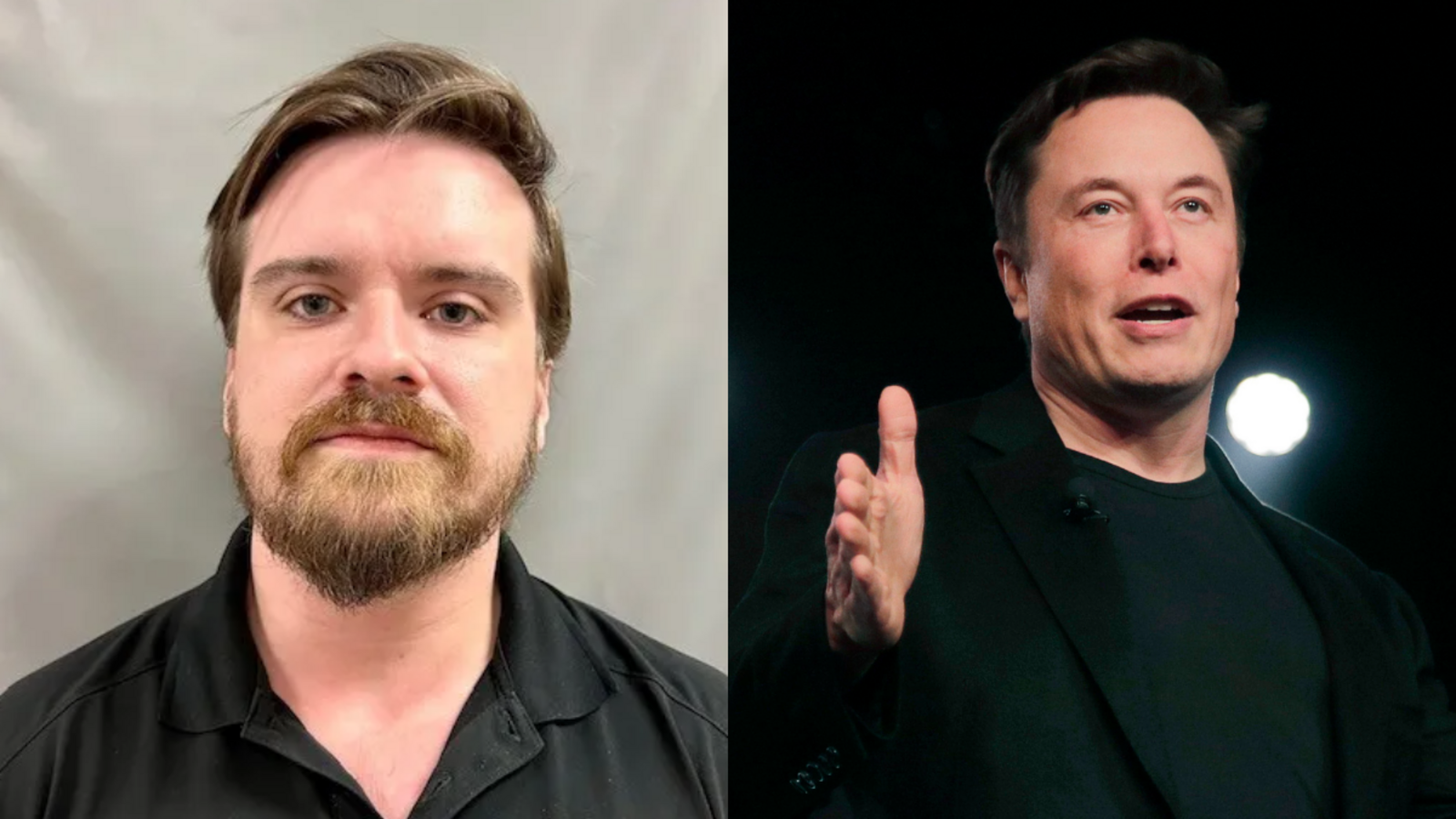The arrest of David Cherry in Indiana has raised concerns about the growing trend of online threats escalating into real-world violence. Cherry, a 28-year-old resident of Palmyra, was taken into custody by Indiana State Police (ISP) following an investigation into life-threatening statements he allegedly posted on X, the social media platform owned by Elon Musk.
Authorities in Texas first flagged the concerning posts and alerted ISP, leading to a swift response and Cherry’s arrest. Given the recent high-profile violence against corporate executives, law enforcement officials took the threats seriously, fearing another tragic incident like the UnitedHealthcare CEO’s fatal shooting in December 2023.
Law Enforcement’s Swift Response to the Threats
Authorities in Texas detected the threats and promptly notified Indiana law enforcement, triggering an immediate investigation. ISP detectives worked quickly to verify the origin of the posts and locate the suspect.
Within hours, they tracked Cherry to Clarksville, Indiana, where he was arrested without incident. The felony charge of intimidation he now faces highlights the severity with which law enforcement treats such threats, especially when directed at high-profile individuals like Elon Musk.
The seriousness of the situation was underscored by a search of Cherry’s residence in Palmyra, where investigators discovered an AR-15-style rifle, a handgun, ammunition, and a ballistic vest. These findings added weight to the threats he allegedly made and reinforced the need for immediate intervention.
ISP Sgt. Carey Huls emphasized the importance of addressing online threats before they turn into violent acts. He drew parallels between this case and the murder of UnitedHealthcare CEO Brian Thompson, who was shot and killed on a Manhattan sidewalk in December 2023.
Read : Elon Musk Mural Vandalised in Texas with ‘Deny, Defend, Depose’ Phrase
“Had there been some type of a social media post prior to that that could have been looked into and prevented something like this?” Huls asked, reinforcing the necessity of law enforcement’s proactive approach.
The Growing Concern Over Online Threats
The arrest of David Cherry is a stark reminder of how social media can be used as a platform for dangerous rhetoric. In the digital age, individuals can easily make public threats, often believing they will go unnoticed or unpunished.
However, law enforcement agencies across the country are increasingly monitoring social media platforms for such behavior, recognizing the potential for threats to escalate into real-world violence.
Read : “I am an alien. Yeah, I keep saying I’m an alien, but nobody believes me”: Elon Musk
Cherry’s case is not an isolated incident. Over the past few years, there have been numerous instances where online threats have led to violent outcomes. Authorities now take such threats more seriously than ever before, as the consequences of ignoring them can be fatal.

Sgt. Huls reiterated that inflammatory and specific threats against individuals cannot be overlooked. “It’s a serious offense. Again, life-threatening statements. Our detectives applied for a search warrant, did go to the individual’s house, where they found some other information that would relate to those statements to basically corroborate and say, yes, this is a possibility.”
In recent years, major tech companies have also been under pressure to better regulate their platforms and prevent such threats from proliferating. While social media companies have implemented content moderation policies, they often struggle to keep up with the sheer volume of posts. This has resulted in law enforcement agencies stepping in to monitor and address threats as they arise.
Legal and Social Implications of Cherry’s Arrest
Cherry’s arrest raises questions about the legal consequences of online threats and the balance between free speech and public safety. While the First Amendment protects freedom of expression, it does not extend to threats of violence.
Courts have repeatedly ruled that threats, particularly those that are direct and specific, can be prosecuted under laws such as felony intimidation.
Cherry’s case will likely serve as a precedent for future incidents involving online threats against high-profile individuals. If convicted, he could face severe penalties, including significant jail time.
This should serve as a warning to others who may consider making similar threats online, as law enforcement’s response to such cases is becoming increasingly stringent.

Beyond the legal consequences, this case highlights the broader societal issue of online discourse becoming dangerously hostile. The anonymity and perceived distance of the internet often embolden individuals to say things they would not otherwise express in person. This has led to an increase in threats, harassment, and even real-world violence stemming from online conflicts.
As the investigation into Cherry’s case continues, law enforcement agencies will likely examine his online activity further to determine if there were additional threats or any indication of planned violence. Authorities are also working with social media platforms to enhance detection methods and prevent similar incidents from occurring in the future.
In conclusion, the arrest of David Cherry serves as a reminder of the power and danger of online speech. While social media provides a platform for communication and expression, it also presents risks when used irresponsibly.
As law enforcement adapts to the evolving digital landscape, individuals must recognize that online threats carry real-world consequences. The case of Cherry underscores the importance of vigilance, both from authorities and social media users, in preventing potential acts of violence before they occur.

